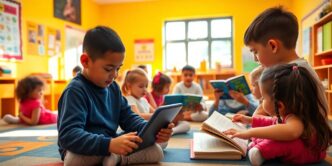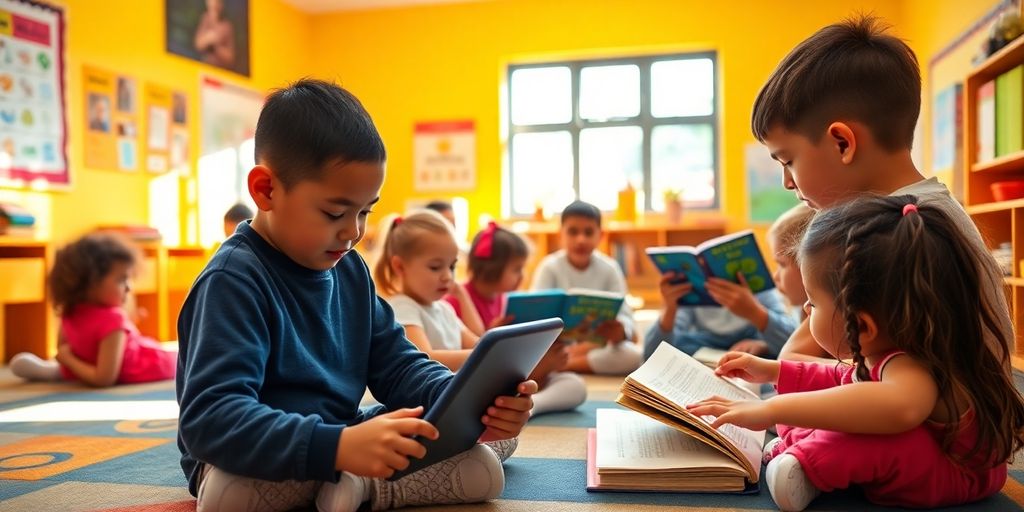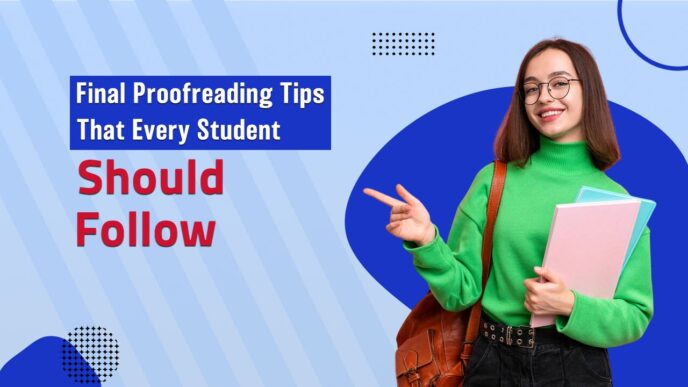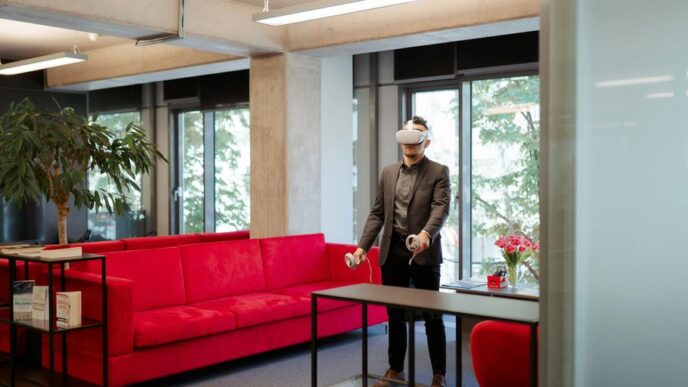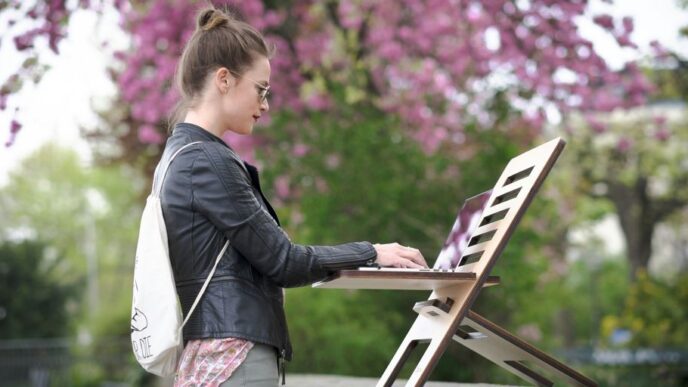In a significant shift in educational policy, Sweden’s government has confirmed that excessive screen time is negatively impacting students’ academic performance. This revelation has prompted a nationwide initiative to reintroduce traditional textbooks in schools, aiming to enhance learning outcomes and critical thinking skills among students.
Key Takeaways
- Sweden’s government acknowledges the detrimental effects of screens on academic performance.
- A commitment to reintroducing traditional textbooks has been made, with substantial funding allocated.
- The initiative aims to balance technology use with effective learning methods.
The Rise of Digital Tools in Education
Over the past 15 years, Sweden has embraced a digital-first approach in education, integrating tablets and laptops into classrooms. Initially, this shift was celebrated for its potential to modernize learning and provide instant access to information. However, concerns have emerged regarding the effectiveness of this approach.
Parents have raised alarms about distractions from games and videos, questioning whether their children are genuinely engaging with educational content. Research indicates that reading on backlit screens can lead to eye strain and fatigue, hindering information retention compared to traditional reading methods. Furthermore, reliance on digital tools has been linked to a decline in critical thinking skills, as noted by Sweden’s Minister of Education, Lotta Edholm.
Declining Academic Standards
Despite Sweden’s reputation for educational excellence, recent data reveals a concerning decline in student performance. While Swedish students still excel in reading comprehension relative to their European peers, overall academic outcomes have deteriorated. This decline has prompted the government to reevaluate its technology-centric policies.
Edholm emphasized that the overreliance on digital tools has resulted in a lack of critical thinking and an overconfidence in online information sources. This situation is not isolated to Sweden; educators worldwide are grappling with similar challenges in integrating technology without compromising educational quality.
A Return to Traditional Textbooks
In response to these findings, the Swedish government has committed to a significant investment in traditional educational materials. In 2023, €60 million was allocated, with an additional €44 million earmarked for 2024, aimed at ensuring every student has access to physical textbooks for each subject.
Some preschools are also shifting away from teaching literacy through tablets, opting for hands-on methods that utilize paper and pencils. This move back to textbooks is not merely nostalgic; research consistently shows that students engage more deeply with printed materials, leading to better retention and comprehension.
Balancing Innovation and Effectiveness
While the decision to reintroduce textbooks has garnered support, it raises important questions about the role of technology in education. Digital tools can enhance creativity and streamline communication between educators and parents. The challenge lies in finding a balance that maximizes the benefits of both traditional and modern educational methods.
As Sweden navigates this transition, the global education community is closely observing its approach. The Swedish experience serves as a reminder that while technology can enhance learning, it should not replace the foundational benefits of traditional educational practices.
A Global Reflection on Education
Sweden’s decision to reduce screen time in schools is a bold acknowledgment of the potential pitfalls of overusing technology in education. For parents and educators worldwide, this moment calls for reflection on how best to prepare students for the future. By blending the advantages of digital tools with the proven effectiveness of traditional methods, an ideal learning environment may emerge—one that honors both innovation and foundational learning principles.

